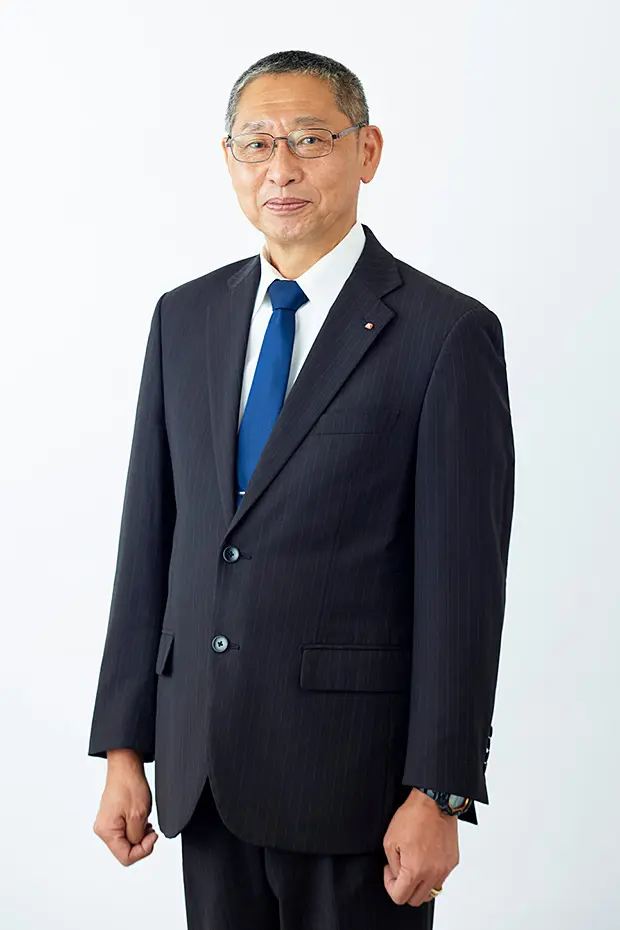
My name is Kiyotaka Aya, and in June 2025 I succeeded Mr. Toshihito Inoue as the 10th President of the International Mariners Management Association of Japan (IMMAJ).
The current world situation is fraught with geopolitical risks in various regions, and the use of force as a means of conflict resolution is ultimately becoming a reality. Who could have predicted just a few years ago that Russia would invade Ukraine? More recently, military action between Israel, the United States and Iran has become a reality.
The Gulf of Aden and the Red Sea, which are the key areas for maritime logistics, have yet to be reopened to navigation, and this has cast a heavy shadow over healthy global economic activities.
The oceangoing shipping industry, which operates on the world stage, cannot avoid the effects of these changes in the global situation, especially the outbreak of war. This will not only affect the operation of vessels and the services provided to customers, but may also endanger the lives of our seafarers, expatriates, and their families, and by extension, may even lead to the loss of jobs for seafarers on ocean-going vessels.
The International Mariners Management Association of Japan (IMMAJ) will continue to do its utmost to help resolve the problems our member companies and their seafarers face, by keeping a close eye on the changing world situation and its effects. The understanding and cooperation of the relevant industry bodies, trade unions, and in some cases, government agencies of the countries concerned are essential to these efforts. We will continue to maintain good communication and exchange information with them and share useful information with our member companies in a timely manner to help their operations.
The activities of IMMAJ can be categorized into two main areas. The first is to negotiate with the International Transport Workers' Federation (ITF) and its affiliated trade unions in the framework of the International Bargaining Forum (IBF), to establish working conditions for foreign seafarers on board FOC ships in the Japanese merchant fleet. The second is to provide training and welfare to foreign seafarers, using the funds that form part of the wage scale agreed in the IBF negotiations.
Our efforts to negotiate amendments to the IBF-related agreements, to provide training and education, and to develop welfare through funds we jointly manage with the unions, are rooted in our desire to ultimately attract talented foreign seafarers to the Japanese merchant fleet. This will ensure continuous safe operation of Japanese merchant vessels. At the IBF negotiations, we will take the ship owners’ point of view, as well as pay attention to that of foreign seafarers to achieve what will be acceptable for both sides regarding not only wages but also other working conditions.
For training and education, we will ensure to deliver them in a fair and effective manner, with the needs of our member companies being reflected. Seafarers’ welfare will also be developed, with the cooperation and understanding of the All Japan Seamen's Union. Through these activities, we would like to continue contributing to the securing of excellent foreign seafarers and the maintenance and strengthening of safe operations of vessels.
IMMAJ would like to keep responding to the needs of our members in a flexible and speedy manner, based on the principles of transparency and fairness. I would be grateful for your continued understanding, support, and cooperation.
IMMAJ Chairman: Capt. Kiyotaka Aya